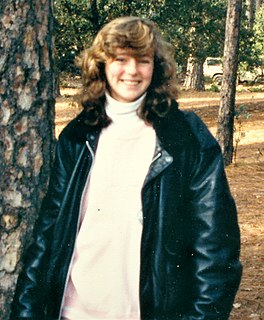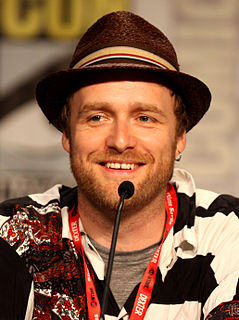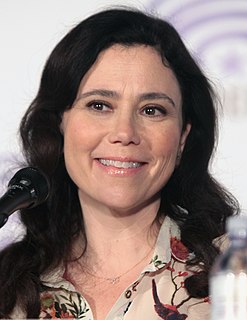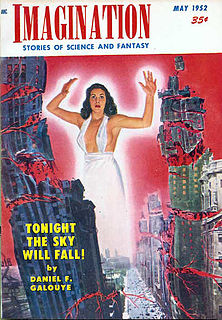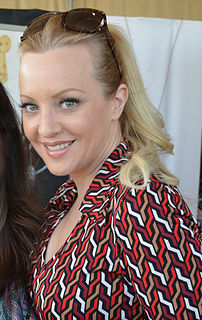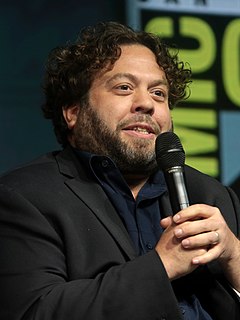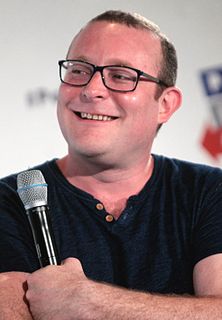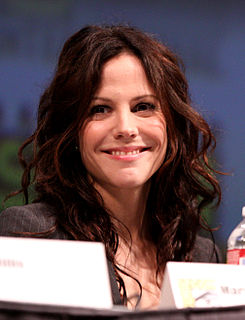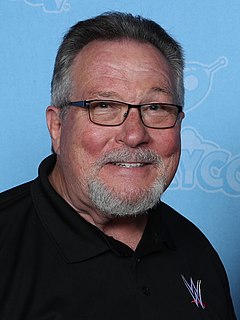A Quote by Alan Tudyk
This is reverent. This is Star Wars, damn it. You don't screw around with it. The things that were improv'd or added that developed on set weren't huge departures as far as storyline or anything like that goes. They just were clarifications in character or, at the best moments, they spoke to the moment in the story in a way that, at least with Kaytoo, tended to be funny.
Related Quotes
Because I grew up on 'Star Wars', that was the best example of creating a full and rich world to me as a writer. When I was watching those movies as a kid, I wanted to know more about every damn character in that universe. There was always a hint that there was a story there that you just weren't getting to see.
A lot of kind of like the way that Andy [Bernard] talks, you know, the writers pick up on those things - little moments that I inject and then they start to write it in later. It's hard to say if a whole storyline is spun out of an improv. I feel like it has happened on The Office, I just can't think of it.
Improv is more than just spitting out a bunch of funny stuff that's unrelated to the material. You have to stay in character, you have to react and respond as the character you're trying to play. You have to service the story, and I think improv training has helped with my listening, responding, and my audition technique. It's sounds so silly, but it's true. Because not only do you improvise during the audition, but once you get the part, they'll say, "Throw away everything. Just improv this scene. Do whatever you want." Someone could panic if they're not used to doing something like that.
There's different kinds of improv. There's Second City improv where you try to slowly build a nice sketch. There's stuff you do in college coffee houses where you just go joke, joke, joke. Bring another funny character with a funny hat on his head. Christopher Guest is more the line of trying to get a story out.
The moment you think you're not funny, the next funny thing you think of is just around the corner. So you have to appreciate the natural breathing patterns, the ups and downs. There are moments you're going to be hilarious and moments where you're going to be not so hilarious. That's just the way it works.
Usually I'm trying to turn something around or turn it inside out and see what's underneath. I know that probably sounds incredibly vague but I never set out to be likeable or funny or anything like that. I'm just trying to tell the story in the best way that I can and serve the writer because it's really about the writer.
So if there was a way that I knew something about my character's desires or the things that they were resisting because I was saving it for some grand epiphany moment for my readers, I just feel like that's when you can feel the machine at work in a story. That's when you can feel the writer pulling the strings of the puppet.

